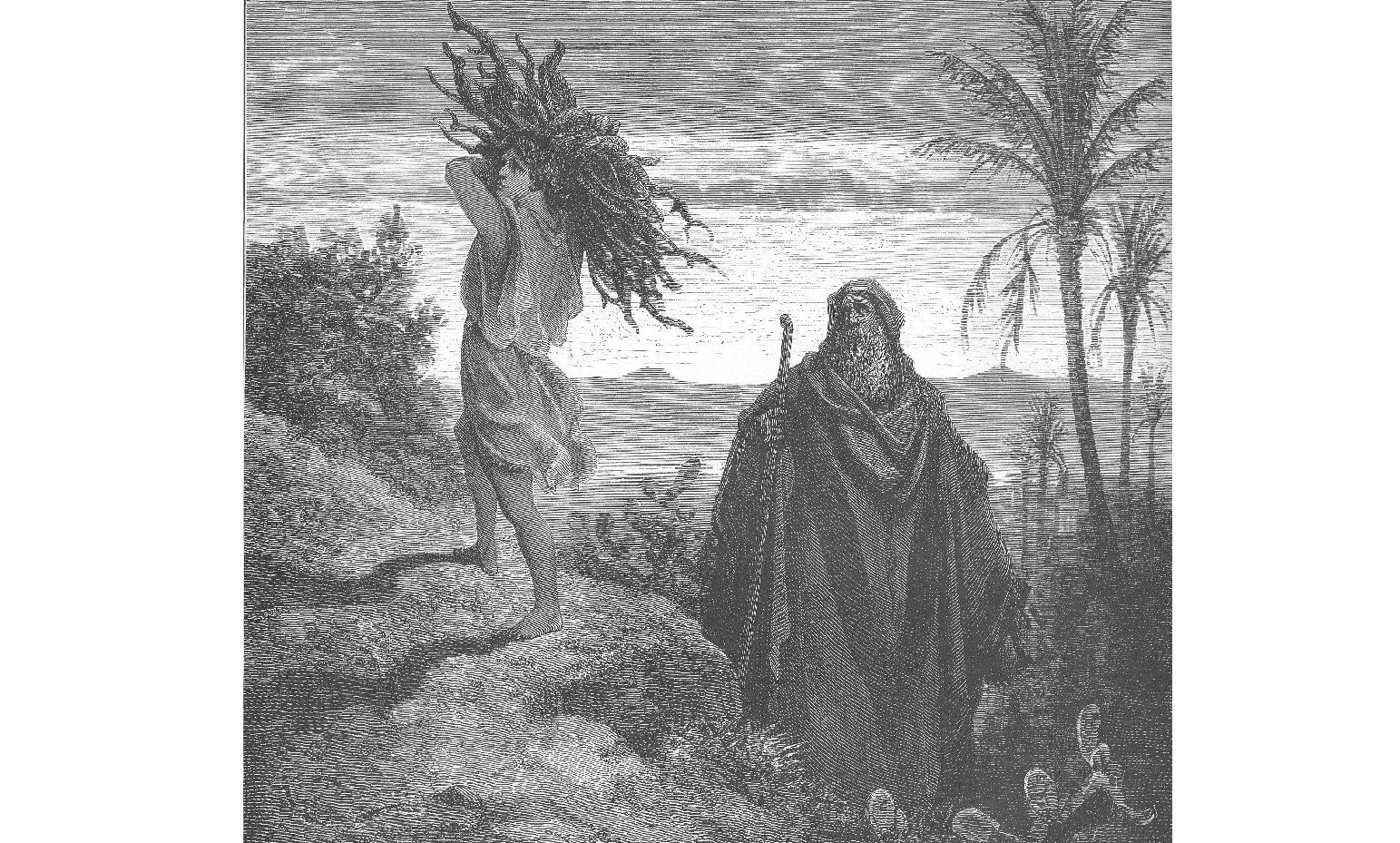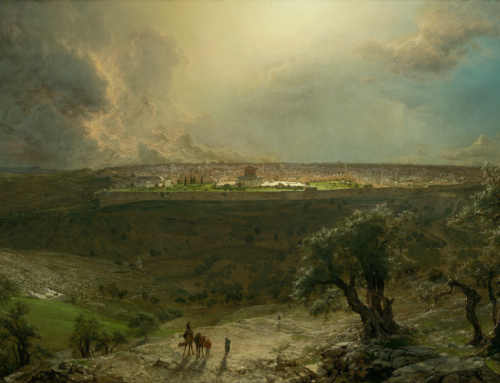Today we are a week away from our big All Saints Vigil celebration here at the Dominican House of Studies. As we prepare for this event, it occurred to me to ponder what it means to be a saint, and how to become one. Since the Second Vatican Council, a great deal has been said about the universal call to holiness. This way of thinking has become a staple of discussions of vocation, that all vocations are calls to holiness. But all too often we think of our vocation as something that we do to become holy; we focus on our answer to the call rather than the call from God itself.
In thinking about God’s call to each of us, I am reminded of “our father in faith,” Abraham. When God first calls Abraham He tells him, “Go forth from your land, your relatives, and from your father’s house to a land that I will show you. I will make of you a great nation, and I will bless you; I will make your name great, so that you will be a blessing… All the families of the earth will find blessing in you” (Gen 12:1-3). It has often been remarked, but bears repeating that God does not give Abraham any indication of where he is going. God promises blessings, but Abraham is called to the unknown.
The rest of Abraham’s story tells of his special relationship with God, along with his mistakes. At the very moment that it seems that all of God’s promises are coming true, God asks Abraham to give up Isaac, the key to all of those promises. Abraham is called once again to the unknown: “take your son, Isaac, your only one, whom you love…offer him up as a burnt offering on one of the heights that I will point out to you” (Gen 22:2).
Abraham makes a radical act of faith, such a radical act that we can almost miss the fact that God is in the driver’s seat. Even with Abraham’s radical act of faith he could never achieve on his own the things that God promised him. Rather, he trusts and relies on God to bring these blessings about. This is the source from which his radical obedience flows. Abraham trusts God in His first call, trusts that God can and will fulfill the promises that he makes. And he trusts God in His later call as well. He believes, even in the face of God’s demand, that God will be faithful to the promise that Abraham will have descendants through Isaac. He trusts and obeys God’s call, leaving the fulfillment of God’s promises to God.
All of us in our lives of faith have an initial call to follow the Lord. Whatever we may think we know about where the road is leading us, about the promises that God is making to us, the future and the plan that God has in mind for us remains beyond our vision. So we begin to walk in faith. We have triumphs and we have failings. But like Abraham we are not called only once. God calls us repeatedly to follow Him, sometimes in mundane and ordinary ways, sometimes in radical ways. But every time that God is calling us, He is calling us to the unknown. Each time God calls us, our call, like the call of Abraham, is a call to trust God and to depend on Him to bring about His purpose for our lives.
How then do we become saints? Following the pattern of God’s work in Abraham’s life is the answer to how to how God makes us saints. We cannot achieve this blessing on our own. But God has promised to do it. He has shown himself faithful. Our job is to trust Him and follow Him because he will show us the way.
✠
Image: Gustave Dore, The Testing of Abraham’s Faith







